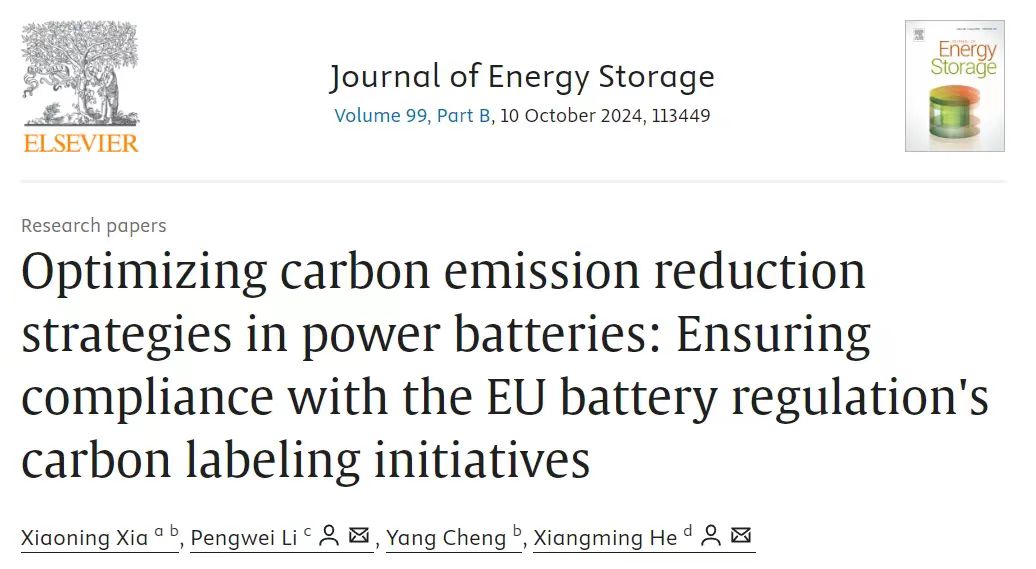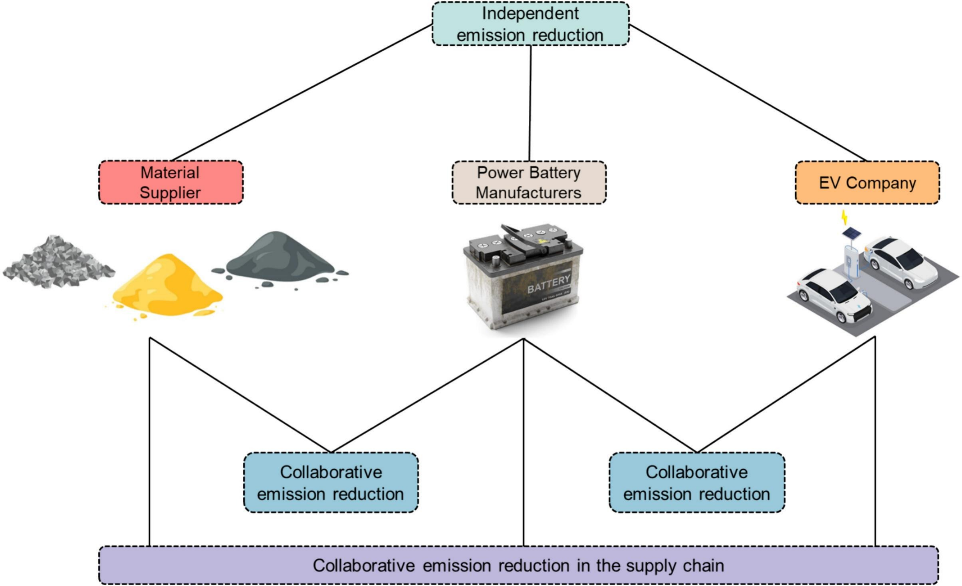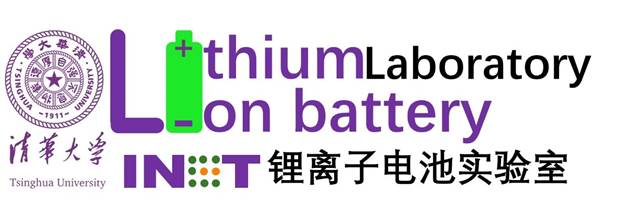Reducing carbon emissions from power batteries is essential for the low-carbon development of electric vehicles (EVs). The Official Journal of the European Union published the EU regulation (EU 2023/1542) on batteries and waste batteries on July 28, 2023, which came into effect on August 17, 2023. This regulation mandates that from July 1, 2024, all batteries entering the EU market must include a carbon footprint statement (carbon labeling). That is to say, battery manufactures are required to collect and calculate carbon emission data for each stage of the battery life cycle-from row materials acquisition to production, distribution, transportation, and finally collection and recycling. Thus, battery manufactures must take effective carbon emission reduction measures to ensure their products comply with or surpass the established environmental standards.
In response to the carbon labeling requirements of the EU battery regulation, researcher from the Division of New Energy & Material Chemistry and their collaborators developed a three-tiered supply chain model incorporating the battery material supplier, the power battery manufacturer, and the EV company. The work has been published in the recent issue of Journal of Energy Storage.

Using Stackelberg game theory, the research evaluated four carbon emission reduction strategies and analyzed the impact of consumer environmental awareness on carbon emissions.

The results reveal that for batteries with lower initial carbon footprints, increased consumer environmental awareness is associated with a reduction in carbon emissions. For batteries with higher initial carbon footprints, the relationship between consumer environmental awareness and carbon emissions is more complex. Below a certain threshold, higher environmental awareness leads to carbon emission reduction; however, beyond this threshold, increased environmental awareness can elevate carbon emissions. Moreover, under low consumer environmental awareness, a strategy of comprehensive collaboration among all supply chain tiers yields the highest economic benefits, albeit with higher emissions. As environmental awareness rises, the strategy where the material supplier independently reduces emissions and the battery manufacturer and EV company collaborate on emission reductions emerges as the most effective, striking an optimal balance between economic and environmental interests.
Link to article: https://www.sciencedirect.com/science/article/pii/S2352152X24030354
Introduction to laboratory:
https://mp.weixin.qq.com/s/fTt_URwjfK_svhOPd6ipJA

Postdoctoral fellows are recruited all year round. For details, please visit the website of Tsinghua University Postdoctoral Fellow and apply online: http://postdoctor.tsinghua.edu.cn/
For consultation, please send an email to:
hexm@tsinghua.edu.cn (the subject of the email should be indicated: apply for postdoctoral fellowship)